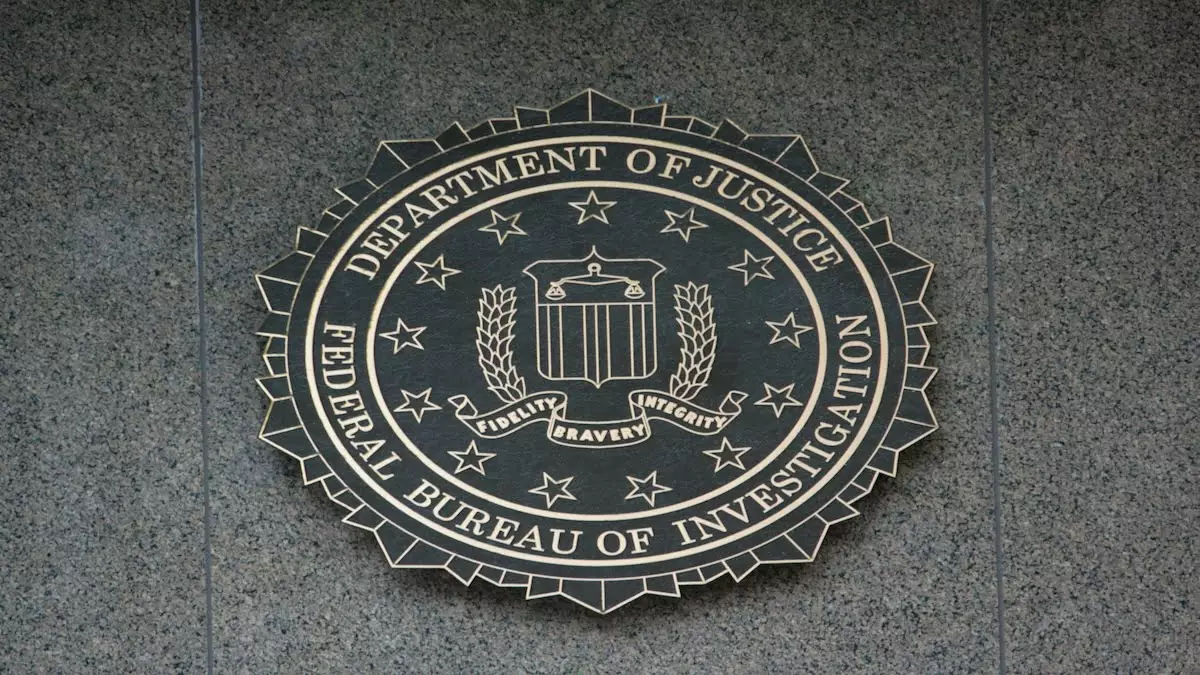The recent decision by the FBI to utilize NFTs in order to return $1.14 million to victims of the CluCoin fraud has sparked interest and curiosity. This groundbreaking move represents a new approach by law enforcement agencies to combat cybercrime and provide restitution to those affected.
By opting to use NFTs as a means of contacting CluCoin fraud victims, the FBI is taking a proactive step towards minimizing the risk of further fraudulent activities. The use of blockchain technology embedded within the NFTs ensures that only legitimate victims have access to the recovery process.
The Potential Impact on Law Enforcement Practices
This innovative use of NFTs by the FBI could signify a shift in how law enforcement agencies approach investigations and victim restitution. The secure and transparent nature of NFTs makes them a valuable tool in enhancing accountability and ensuring the integrity of legal transactions in the digital age.
As the use of NFTs in law enforcement becomes more prevalent, there is a growing need for standardized regulatory frameworks to govern the use of these digital assets. Currently, NFTs operate in a largely unregulated space, presenting challenges for law enforcement agencies and regulators alike.
The increasing application of NFTs in law enforcement investigations may lead to collaborations between government institutions and blockchain platforms. This partnership could result in the development of policies that protect victims of financial crimes and their digital assets.
The CluCoin Case as a Model for Future Use
The successful recovery of stolen funds from the CluCoin fraud through the use of NFTs sets a precedent for future cases involving crypto assets. The FBI’s innovative approach demonstrates the potential for NFTs to become a fundamental aspect of digital law enforcement.
The FBI’s decision to employ NFTs in aiding CluCoin fraud victims highlights the potential of blockchain technology in enhancing law enforcement practices. As NFTs continue to evolve and gain widespread acceptance, their role in victim restitution and criminal investigations is likely to expand. Collaboration between law enforcement agencies, regulators, and blockchain platforms will be essential in ensuring the effective and ethical use of NFTs in the digital realm.

